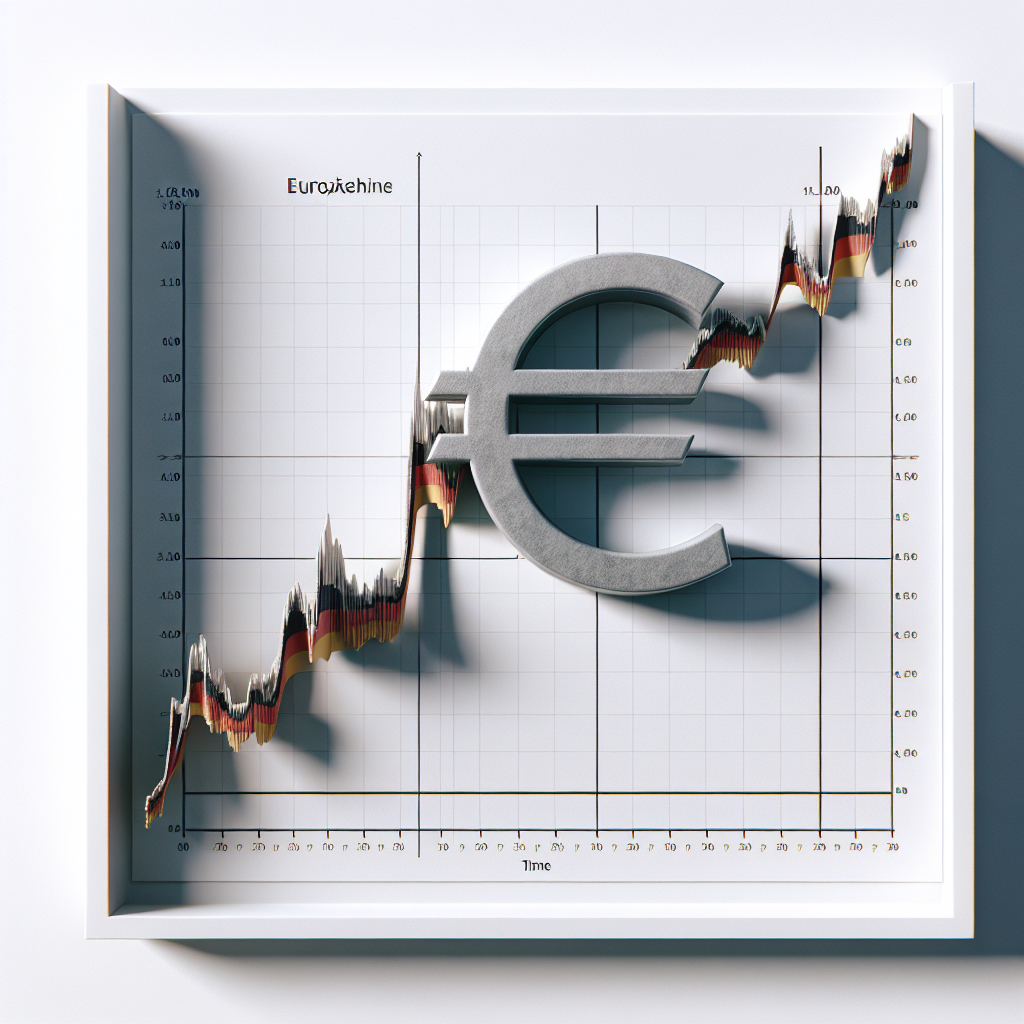Rising Yields: Germany and U.S. Markets Brace for Economic Shifts
German short-dated yields surged as investors anticipate U.S. inflation data, impacting Federal Reserve expectations. The data may be crucial for upcoming Fed decisions amid speculation regarding President-elect Trump's policies. Investors balanced rising U.S. rates against a weak European outlook, influencing rates and investor sentiment in Germany.

Short-term yields in Germany advanced on Wednesday, breaking a three-day downturn, as investors braced for U.S. inflation data. This data is expected to influence the Federal Reserve's upcoming policy decisions, particularly in light of policies anticipated from President-elect Donald Trump that may drive inflation higher.
Expectation for a Fed rate cut in December remains at about 60%, climbing to over 90% by January. Analysts like Neel Kashkari of the Minneapolis Fed are seen as key voices advising caution, highlighting the increased market sensitivity to inflation under the Trump administration.
Meanwhile, Germany's 2-year yield rose 2.5 basis points to 2.15%, as market dynamics weighed in favor of future European Central Bank rate cuts. The political uncertainty in Berlin, coupled with Trump's victory, added to the pessimism clouding German economic optimism for the month.
(With inputs from agencies.)










